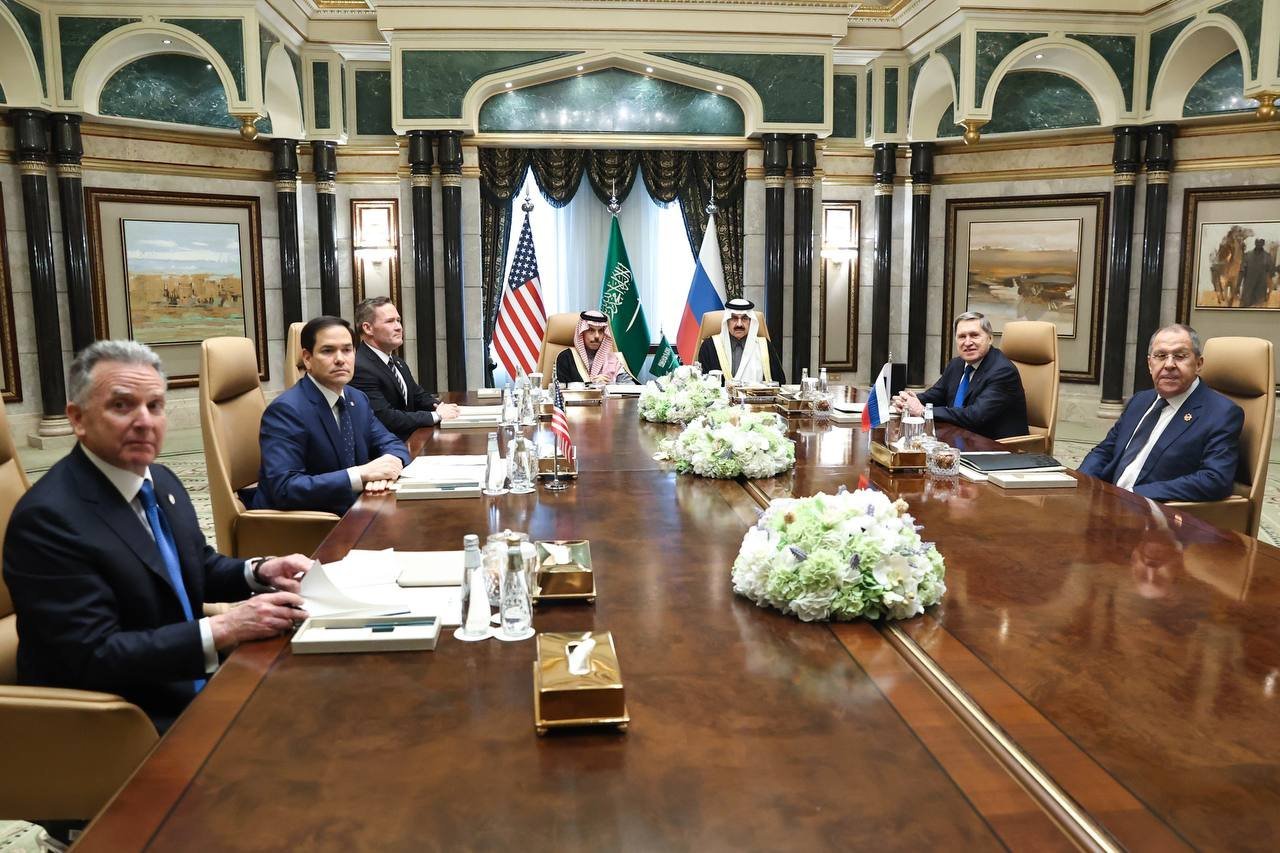After three years of grinding war, the UK might finally send its cutting-edge Eurofighter Typhoon fighter jets to Ukraine.
Ukraine has been demanding Eurofighter Typhoon jets since at least early 2023 as part of its efforts to strengthen its Air Force to counter Russia. On May 2023, former Ukrainian Defense Minister Oleksii Reznikov expressed his optimism about Kyiv potentially getting the Typhoon fighter jets from Germany.
Later, in September 2024, Ukrainian Defense Minister Rustem Umerov indicated that after securing approval for the Mirage-2000 fighters from France, Kyiv was in talks to acquire the Saab JAS 39 Gripen and the Eurofighter Typhoons.
After all these months, Eurofighter Typhoons could fly over Ukraine. However, there is a catch: according to reports, the UK is discussing deploying the aircraft to conduct air patrols as part of a peacekeeping mission.
With a potential ceasefire between Russia and Ukraine now in the works, British ministers are mulling the possibility of deploying dozens of Eurofighter Typhoons to patrol Ukraine’s airspace, The Times reported.
This deployment would be contingent on Moscow’s approval. However, Russian officials have so far rejected the deployment of any peacekeeping forces in Ukraine.
Indian Army Scrambles To Shield Its Tanks From Drones & Top-Attack ATGMs; Trophy APS In Contention!
British ministers are reportedly discussing the deployment of fighter jets from bases in Poland as an alternative to ground forces, which was originally proposed. Earlier, British Prime Minister Keir Starmer suggested over the weekend that he could deploy ground troops to the embattled country to help secure peace.
The Times report stated that a senior government source suggested that a limited number of troops inside Ukraine could be supplemented by an air patrol initiative involving British military planes and anti-aircraft systems.
The initiative would require dozens of Eurofighter Typhoons. Theoretically, a smaller peacekeeping force from the UK and other European nations could maintain stability on the ground while dozens of Typhoon jets could stay on high alert in case of any Russian attack.

The Starmer administration has not confirmed if the deployment of the Eurofighter Typhoon is being mulled at the time of writing this report.
Eurofighter Typhoons are advanced 4.5th-generation fighter jets developed by a consortium involving the UK, Germany, Italy, and Spain.
They are twin-engine, 4++ generation multirole fighter aircraft with a delta wing. They are extremely agile aircraft designed to be efficient dogfighters in warfare. Over the years, the aircraft has received upgrades bolstering its air-to-surface strike capability and compatibility with various weapons and equipment.
The aircraft is frequently deployed for NATO’s air policing Quick Reaction Alert (QRA) missions and has intercepted multiple Russian fighter jets over the Baltic since the Ukraine War broke out in February 2022.
However, any deployment of Eurofighters to Ukraine would have to be a well-thought-out decision. Earlier, when Kyiv pleaded for these fighter jets for use against Russia, former British Defense Secretary Ben Wallace noted that there weren’t many additional jets available due to the UK’s current obligations, which included air policing in the Baltic nations and a squadron of Typhoons in Qatar.
Nonetheless, the latest report suggests that the British administration has positioned itself at the forefront of Ukrainian defense as momentum builds for a ceasefire between Russia and Ukraine at the behest of the United States.
An End To The Russia-Ukraine War?
The first high-level negotiations to end the Ukraine War took place in Saudi Arabia on February 18 between US Secretary of State Marco Rubio and Russian Foreign Minister Sergey Lavrov, along with other top officials.
After the four-hour talks, US and Russian officials announced they would hold further consultations to end the war.
The Kremlin’s foreign affairs adviser, Yuri Ushakov, said, “We discussed and outlined our principled positions, and agreed that separate teams of negotiators will be in touch on this topic in due course.”
However, Ukrainian and European representatives were not invited to participate in these talks between Russia and the US. This deliberate exclusion was lambasted by both Ukrainian President Volodymyr Zelenskyy and European leaders, who maintain that no lasting peace is possible in Ukraine unless Kyiv and European countries are party to that agreement.

Even as Russia and the US were holding peace talks in Saudi Arabia, European countries huddled in Paris for an emergency summit to discuss their future course of action.
The summit was attended by leaders of Poland, Germany, the United Kingdom, Denmark, the Netherlands, Spain and the EU. The participants discussed sending peacekeeping forces to Ukraine, boosting military aid to Kyiv, and providing robust security guarantees for Ukraine.
After the summit, Macron reiterated the importance of providing Ukraine with security assurances, cautioning that a ceasefire without European involvement risks failing.
On the other hand, UK Prime Minister Keir Starmer said that he is “prepared to consider committing British forces on the ground, alongside others, if there is a lasting peace agreement.”
However, there is yet no consensus on sending European troops to Ukraine. German Chancellor Olaf Scholz stated it was “highly inappropriate” to consider sending peacekeepers before a specific peace plan is approved.
Meanwhile, Russia has reportedly told the United States that Moscow is opposed to any European country sending peacekeeping forces to Ukraine as part of the ceasefire.
“The appearance of troops of armed forces from the same NATO countries, whether under a foreign flag, under the flag of the European Union, or national flags, does not change anything in this respect. This is unacceptable to us, of course,” Sergei Lavrov told reporters.
- Contact the author at sakshi.tiwari9555 (at) gmail.com
- Follow EurAsian Times on Google News




